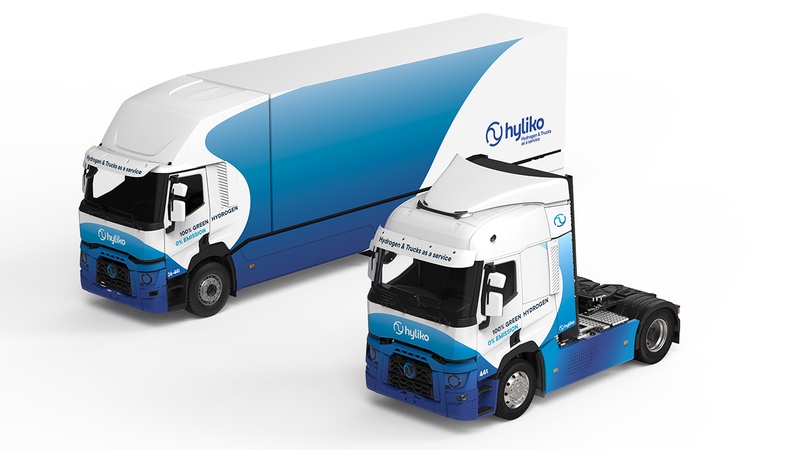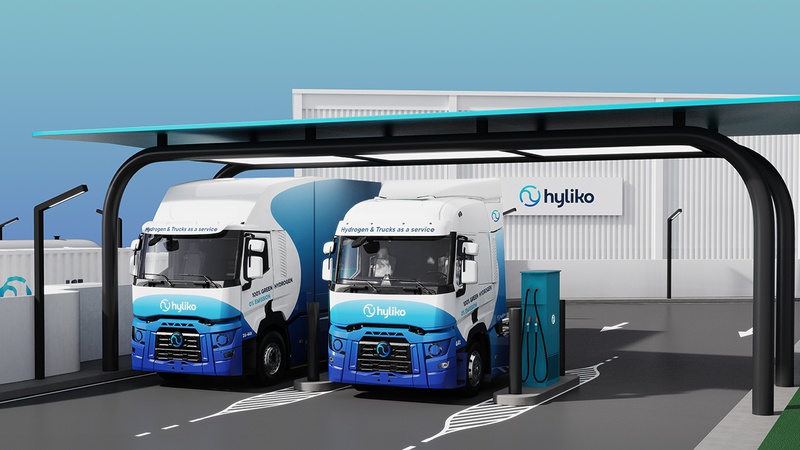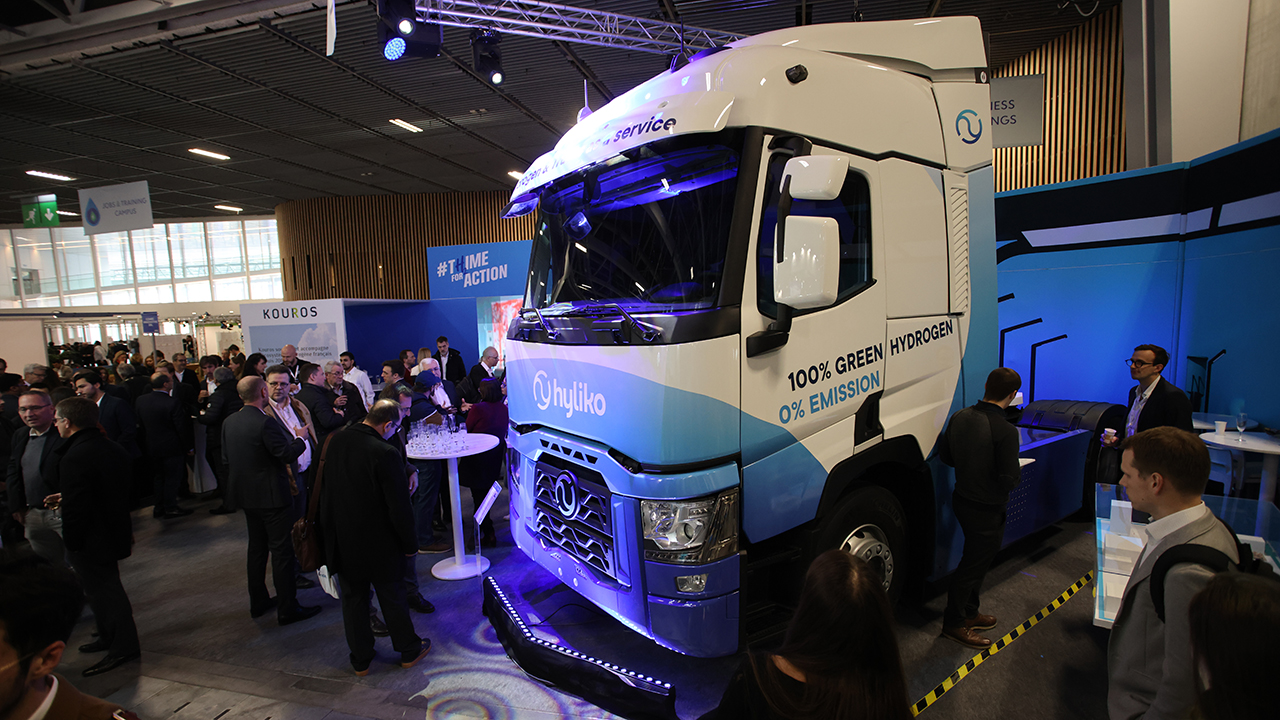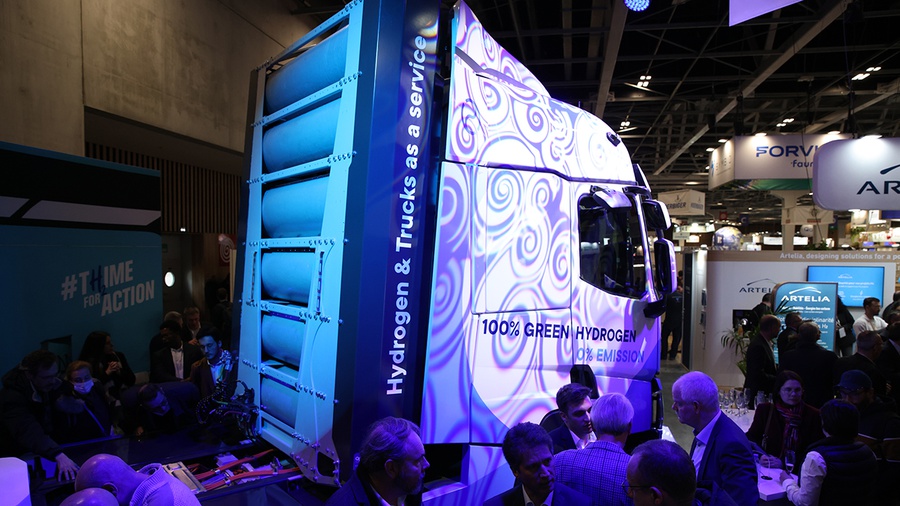Toyota's Fuel Cell Business is seeking to expand into the wider commercial vehicle sector to accelerate the growth of zero-emissions hydrogen mobility. It sees great promise in trucks, which are responsible for 77% of all freight transported on European roads. Toyota is already working with multiple truck partners globally to integrate fuel cell technology in heavy-duty transport, and the partnership with Hyliko is another step towards its vision for hydrogen ecosystems in Europe, stimulating both supply and demand to expand into viable business models.
Hyliko will offer two models of fuel cell trucks - a 44-ton tractor and a 26-ton straight truck, both equipped with two Toyota fuel cell modules. The lower mass of hydrogen systems allows for heavier payload, while the fast refuelling of hydrogen is also essential for heavy commercial transport with high utilization. As part of its truck leasing offering, Hyliko plans to introduce its own green hydrogen infrastructure, including fuel production, storage, and distribution.


Hyliko trucks
The CEO of Hyliko, Ovarith Troeung, said, "We are absolutely thrilled to partner with Toyota who will equip our first vehicles with its hydrogen technology. Renowned for their reliability and performance levels, Toyota fuel cell modules are key components in the design and construction of our new hydrogen trucks. Over and above our desire to develop clean, efficient vehicles for road freight transport, we are pursuing efforts to roll out the key components of our offer which includes leasing and maintenance of hydrogen trucks, and the supply of hydrogen fuel. We are keen on unveiling our new fuel cell truck in the near future to help achieve the decarbonization goals of road freight transport, which is a key sector of our economy."
The demand for larger volumes of hydrogen makes trucks key contributors in developing sustainable infrastructures, and Toyota's partnership strategy aims to develop synergies between different business sectors and support communities that want to further expand into fully-fledged hydrogen corridors. The ZANZEFF "Shore to Store" project in the US, which started back in 2019, recently proved that fuel cell electric trucks can match diesel performance and provide a zero-emissions alternative ready for commercial deployment.
Hydrogen fuel cell vehicles work by converting hydrogen gas into electricity to power an electric motor. Inside the fuel cell, hydrogen gas is combined with oxygen from the air to create water, which releases energy in the form of electricity. The electricity is then used to power an electric motor, which drives the wheels of the vehicle. The only byproduct of this process is water, which is emitted as water vapor from the vehicle's tailpipe. This means that hydrogen fuel cell vehicles are zero-emission vehicles, as they do not produce any harmful pollutants or greenhouse gases.
To fuel the vehicle, hydrogen gas is stored in high-pressure tanks and is then fed into the fuel cell as needed. Refueling takes only a few minutes and is similar to filling up a gasoline-powered vehicle, but requires specialized hydrogen refueling stations.
Source: Toyota



